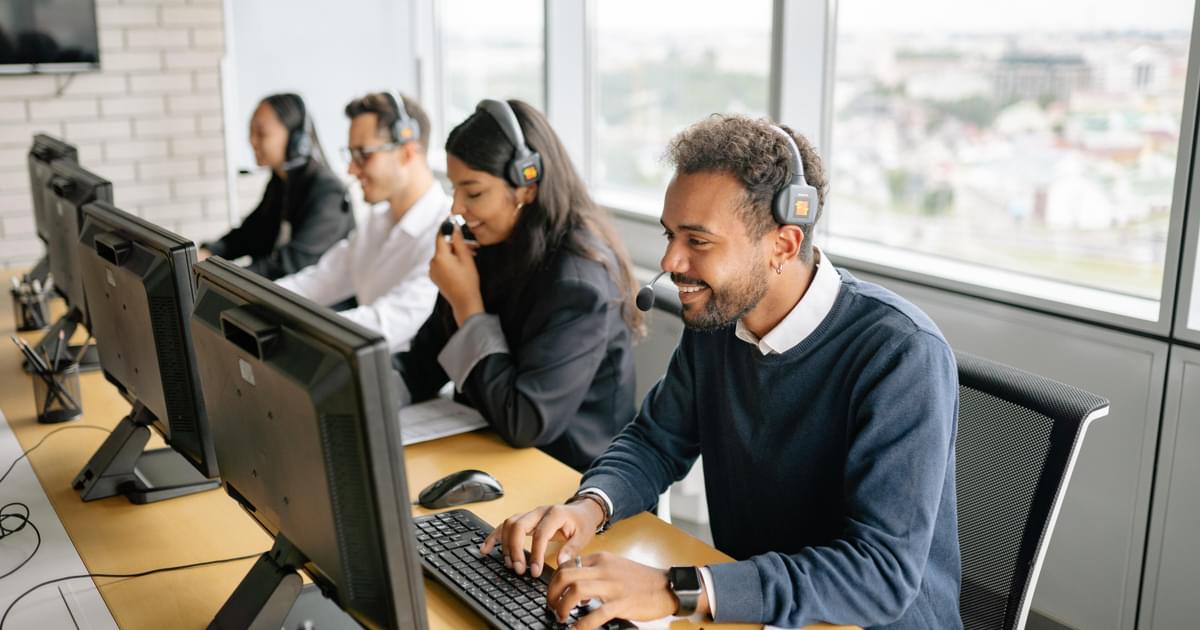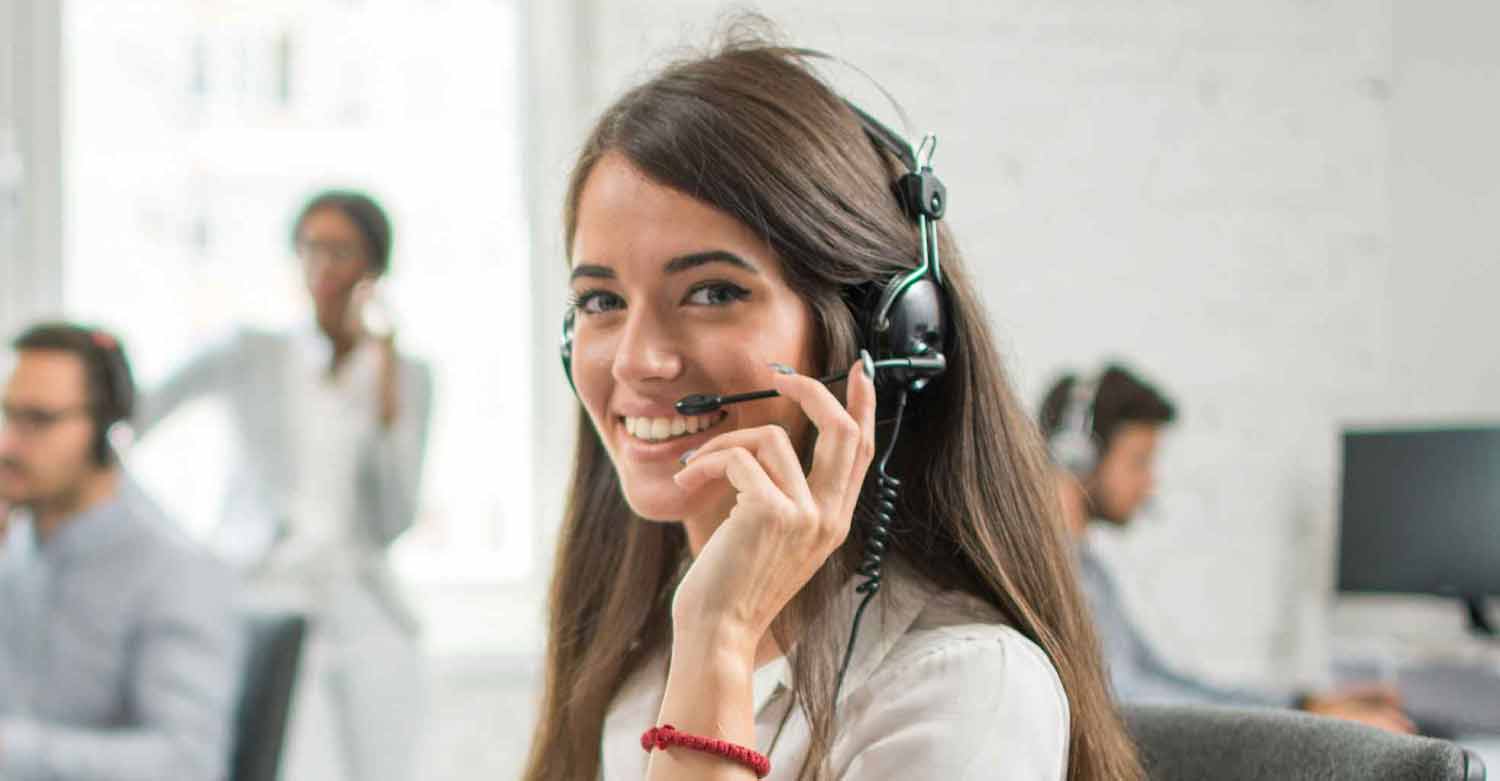All Categories
Featured
Table of Contents
- – How Much Is The New Phone Call Answering Service?
- – What Is The Best How Outsourced Phone Answerin...
- – Who Is The Best What Is An Answering Service? ...
- – What Is The Best How To Call Forward To An An...
- – What Is The Best Telephone Answering Service ...
- – What Is The Best What The Heck Is An Answeri...
How Much Is The New Phone Call Answering Service?
This device and its followers were designed by Sava Jacobson, an electrical engineer with a private consulting company. While early answering devices utilized magnetic tape innovation, many contemporary devices uses strong state memory storage; some gadgets utilize a combination of both, with a solid-state circuit for the outbound message and a cassette for the incoming messages.
"toll conserving" listed below) (reception services). This works if the owner is screening calls and does not wish to talk to all callers. In any case after going, the calling party needs to be notified about the call having actually been responded to (most of the times this starts the charging), either by some remark of the operator, or by some greeting message of the little bit, or resolved to non-human callers (e.
This holds particularly for the Little bits with digitally stored welcoming messages or for earlier makers (before the increase of microcassettes) with a special unlimited loop tape, different from a 2nd cassette, committed to recording. There have been answer-only gadgets with no recording capabilities, where the greeting message needed to notify callers of a state of current unattainability, or e (business answering service).
What Is The Best How Outsourced Phone Answering Service Can Help Your ... Available Today

about accessibility hours. In taping TADs the welcoming generally includes an invite to leave a message "after the beep". An answering maker that uses a microcassette to record messages On a dual-cassette answerphone, there is an outbound cassette, which after the specified variety of rings plays a pre-recorded message to the caller.

Single-cassette answering machines consist of the outgoing message at the beginning of the tape and incoming messages on the staying area. They first play the announcement, then fast-forward to the next readily available area for recording, then tape the caller's message. If there are lots of previous messages, fast-forwarding through them can trigger a substantial delay.
This beep is typically described in the welcoming message, asking for that the caller leave a message "after the beep". TADs with digital storage for the taped messages do disappoint this delay, naturally. A TAD might use a push-button control facility, whereby the answerphone owner can call the home number and, by going into a code on the remote telephone's keypad, can listen to tape-recorded messages, or delete them, even when away from house.
Who Is The Best What Is An Answering Service? Company

Consequently the maker increases the variety of rings after which it responds to the call (usually by 2, resulting in 4 rings), if no unread messages are presently saved, but responses after the set number of rings (typically two) if there are unread messages. This enables the owner to learn whether there are messages waiting; if there are none, the owner can hang up the phone on the, e.
Some machines likewise enable themselves to be remotely triggered, if they have actually been switched off, by calling and letting the phone ring a specific a great deal of times (typically 10-15). Some company abandon calls currently after a smaller sized variety of rings, making remote activation impossible. In the early days of Littles a special transmitter for DTMF tones (dual-tone multi-frequency signalling) was regionally needed for push-button control, considering that the previously utilized pulse dialling is not apt to convey appropriate signalling along an active connection, and the dual-tone multi-frequency signalling was executed step-by-step.
Any inbound call is not identifiable with respect to these properties in advance of going "off hook" by the terminal devices. So after going off hook the calls need to be changed to appropriate devices and only the voice-type is immediately available to a human, however maybe, nevertheless must be routed to a LITTLE (e.
What Is The Best How To Call Forward To An Answering Service You Can Buy
What if I told you that you do not have to actually select up your device when addressing a customer call? Somebody else will. So convenient, ideal? Addressing telephone call does not need someone to be on the other end of the line. Effective automated phone systems can do the trick just as effectively as a live agent and in some cases even much better.
An automatic answering service or interactive voice reaction system is a phone system that interacts with callers without a live individual on the line - answer phone service. When companies use this innovation, consumers can get the response to a question about your business merely by using interactions established on a pre-programmed call circulation.
Although live operators update the customer care experience, lots of calls do not require human interaction. An easy documented message or instructions on how a client can retrieve a piece of info generally resolves a caller's instant requirement - business call answering service. Automated answering services are an easy and reliable way to direct inbound calls to the best individual.
What Is The Best Telephone Answering Service - Answer My Phone To Have
Notice that when you call a company, either for assistance or item questions, the first thing you will hear is a pre-recorded voice greeting and a series of choices like press 1 for customer care, press 2 for questions, and so on. The pre-recorded options branch off to other options depending on the consumer's selection.
The phone tree system assists direct callers to the right individual or department using the keypad on a mobile phone. In some circumstances, callers can use their voices. It deserves keeping in mind that auto-attendant options aren't restricted to the 10 numbers on a phone's keypad. When the caller has actually chosen their first option, you can design a multi-level auto-attendant that uses sub-menus to direct the caller to the ideal kind of help.
The caller does not have to communicate with a person if the auto-attendant phone system can handle their concern. The automatic service can path callers to a staff member if they reach a "dead end" and need support from a live representative. It is expensive to hire an operator or executive assistant.
What Is The Best What The Heck Is An Answering Service? To Buy Right Now
Automated answering services, on the other hand, are substantially less expensive and supply considerable cost savings at an average of $200-$420/month. Even if you do not have actually committed personnel to handle call routing and management, an automatic answering service enhances productivity by enabling your team to concentrate on their strengths so they can more effectively spend their time on the phone.
A sales lead routed to customer support is a lost shot. If a consumer who has product concerns reaches the wrong department or receives incomplete answers from well-meaning employees who are less trained to handle a particular kind of question, it can be a cause of disappointment and frustration. An automated answering system can reduce the number of misrouted calls, thus assisting your staff members make better use of their phone time while freeing up time in their calendar for other tasks.
With Automated Answering Systems, you can produce a tailored experience for both your personnel and your callers. Make a recording of your main welcoming, and merely upgrade it frequently to reflect what is going on in your organization. You can develop as numerous departments or menu alternatives as you desire.
Table of Contents
- – How Much Is The New Phone Call Answering Service?
- – What Is The Best How Outsourced Phone Answerin...
- – Who Is The Best What Is An Answering Service? ...
- – What Is The Best How To Call Forward To An An...
- – What Is The Best Telephone Answering Service ...
- – What Is The Best What The Heck Is An Answeri...
Latest Posts
Guaranteed After Hours Answering
After Hours Answering Service
High-End Virtual Receptionist Staff
More
Latest Posts
Guaranteed After Hours Answering
After Hours Answering Service
High-End Virtual Receptionist Staff